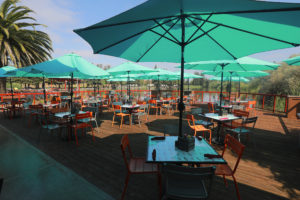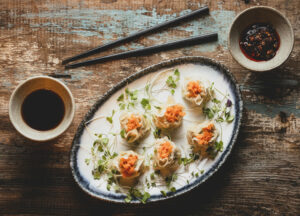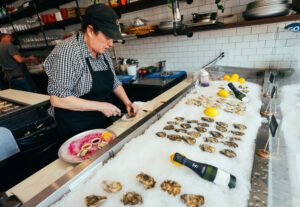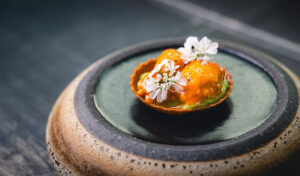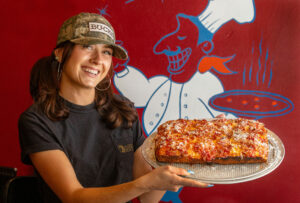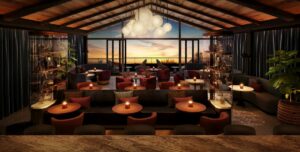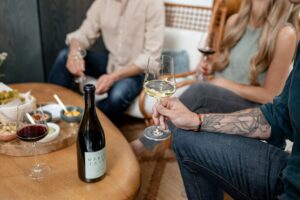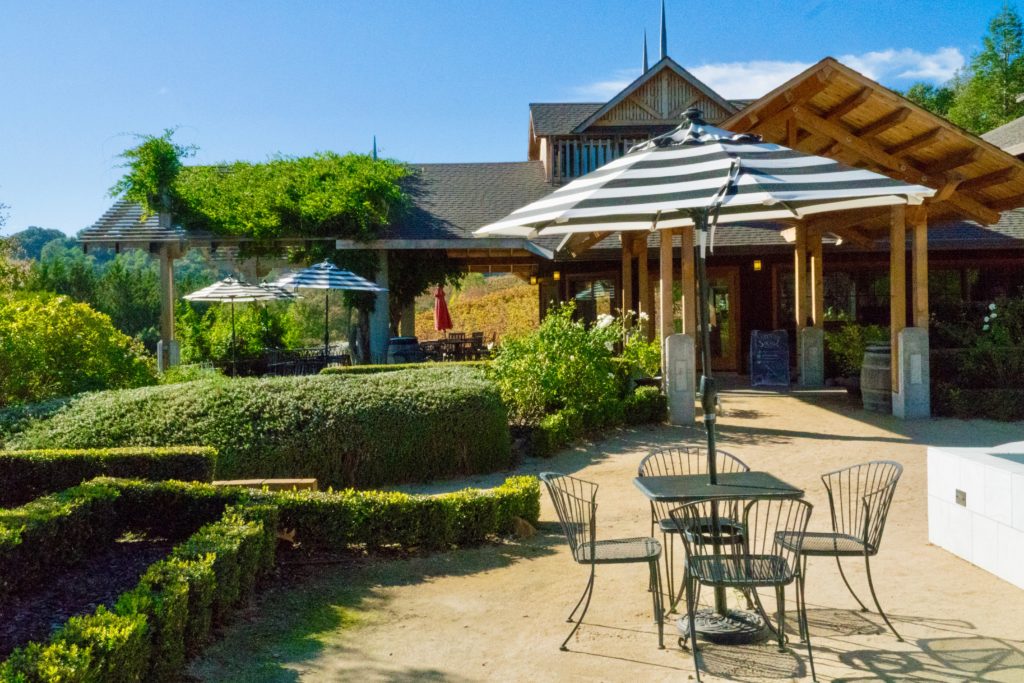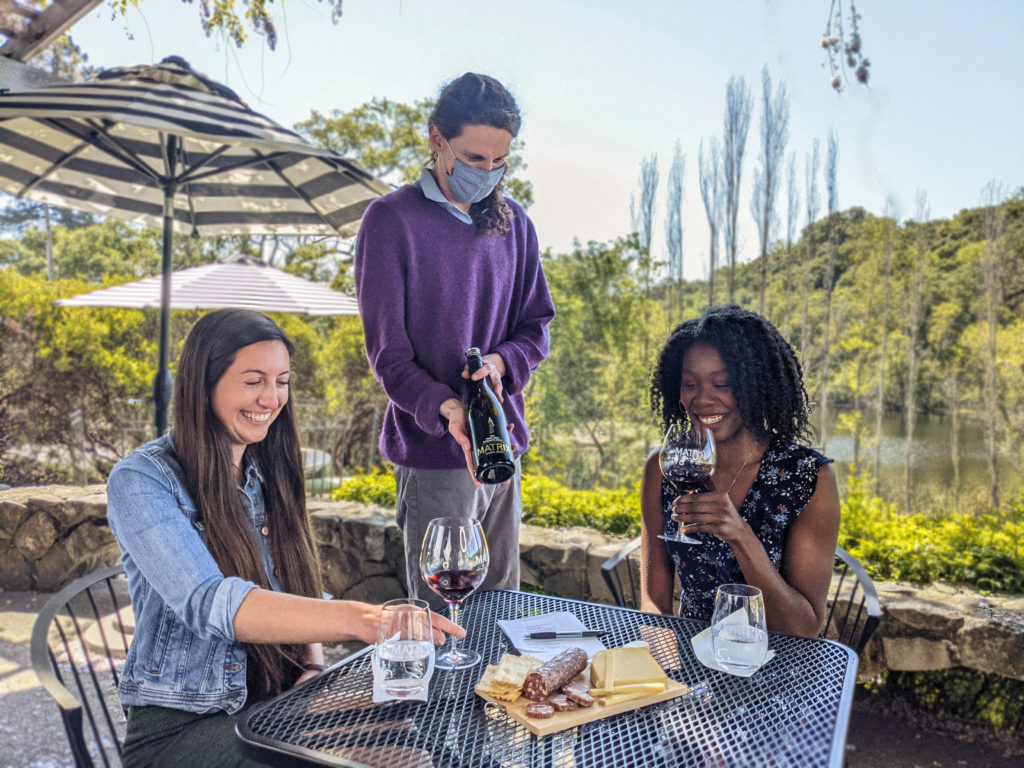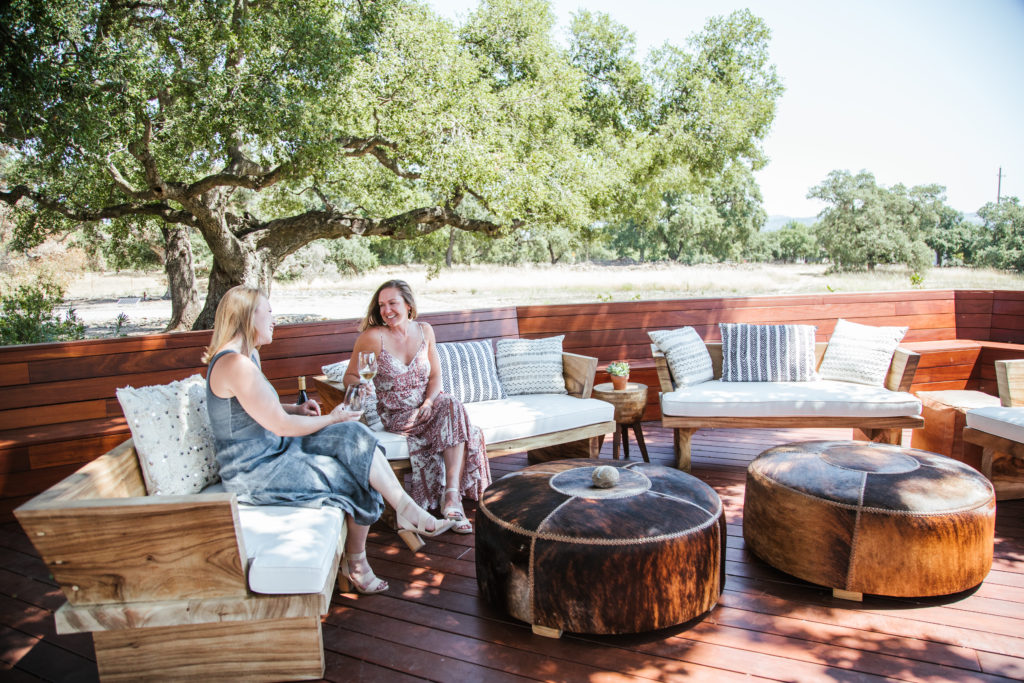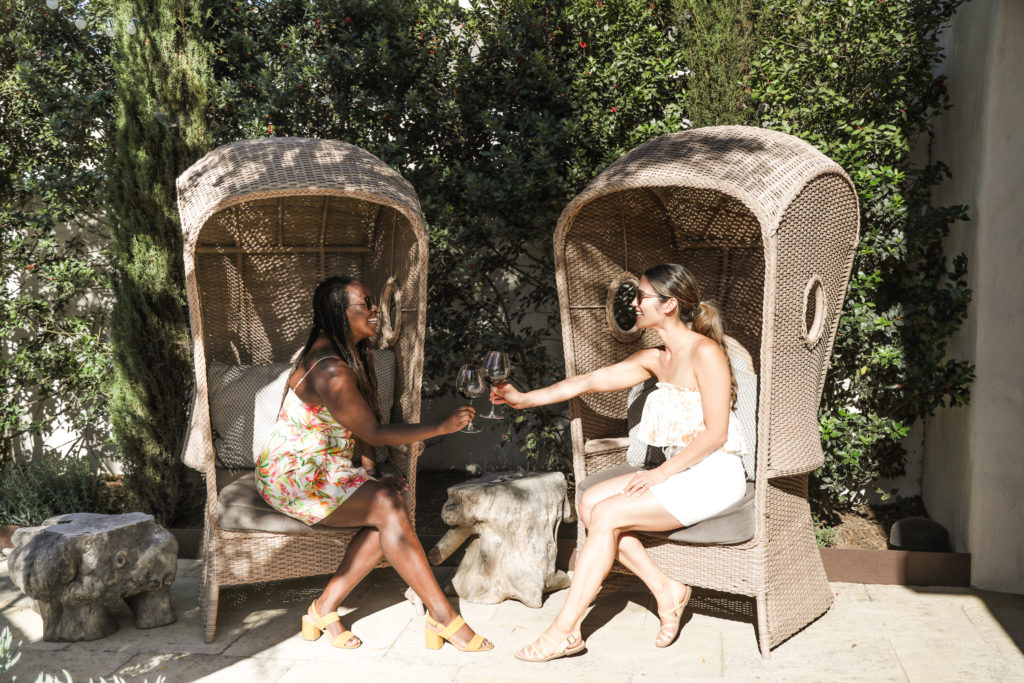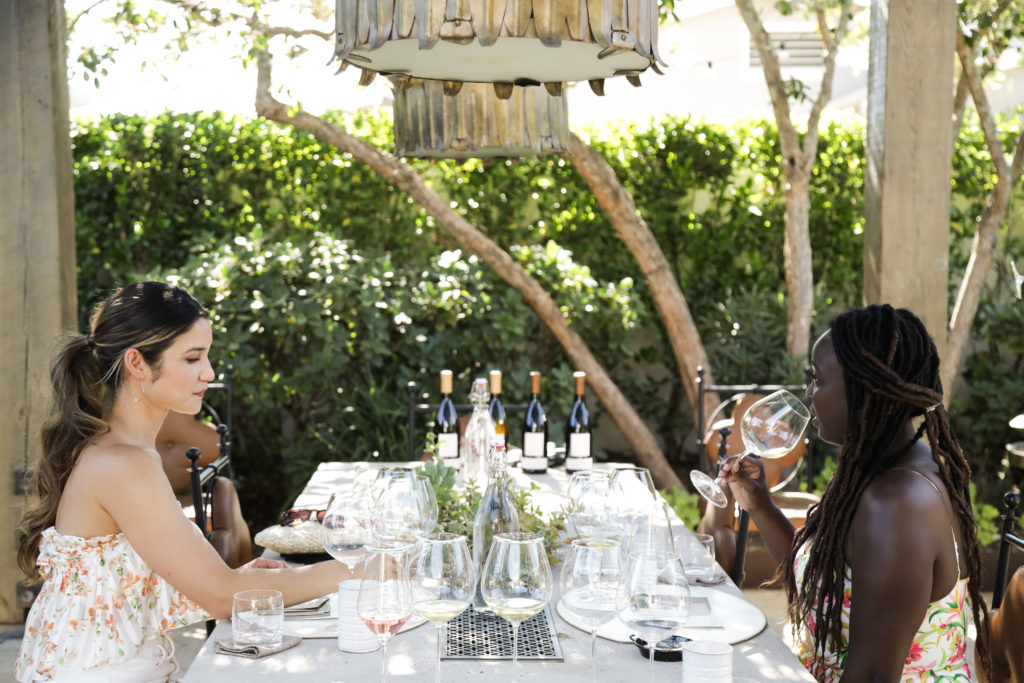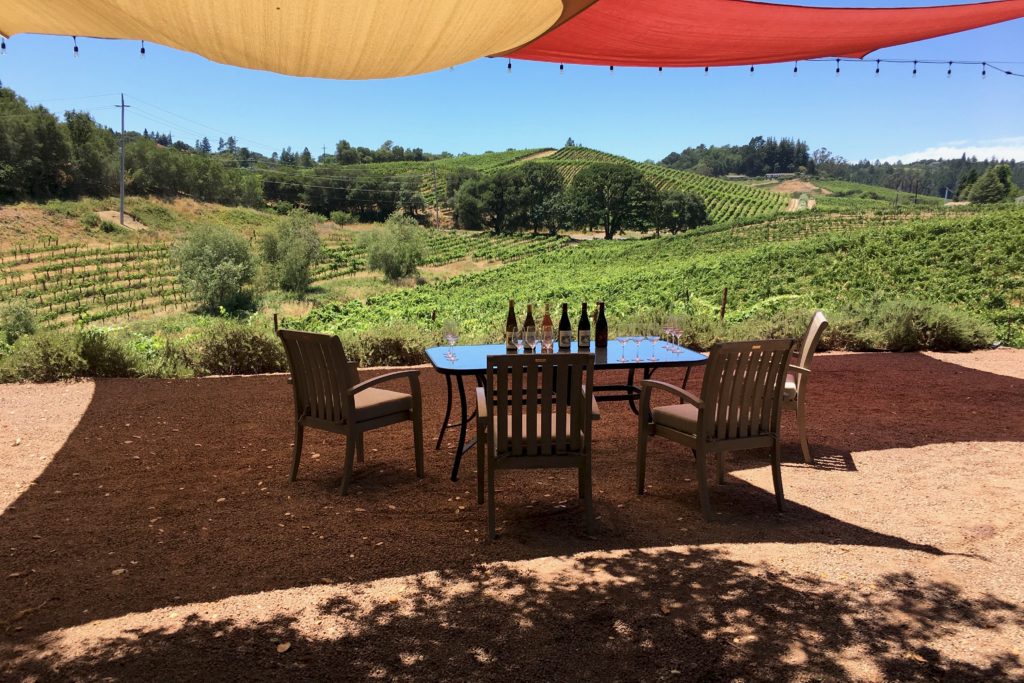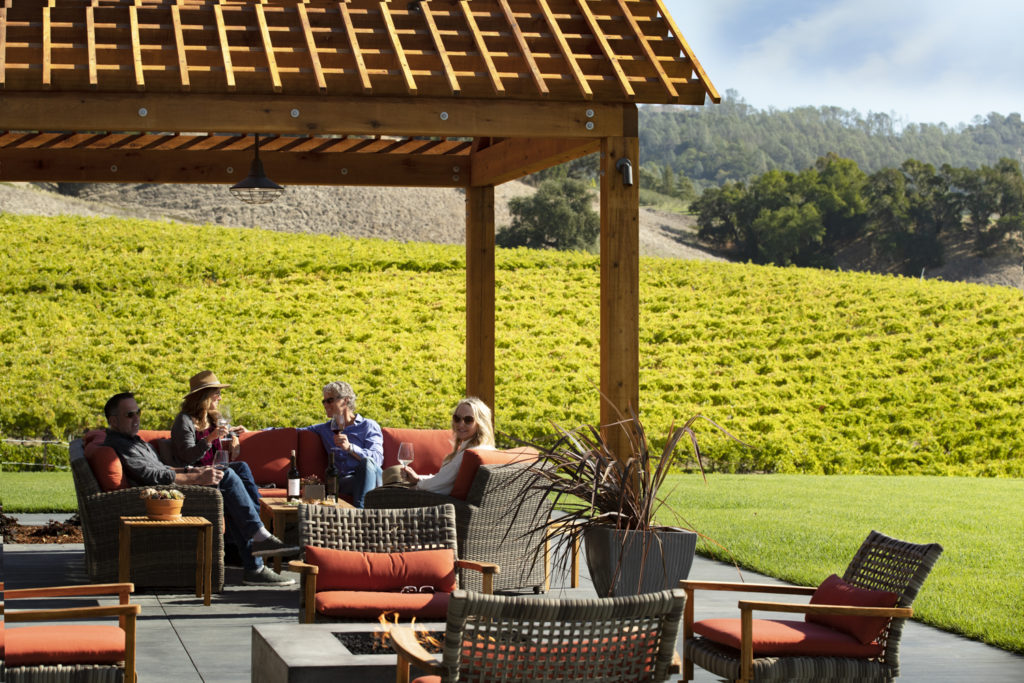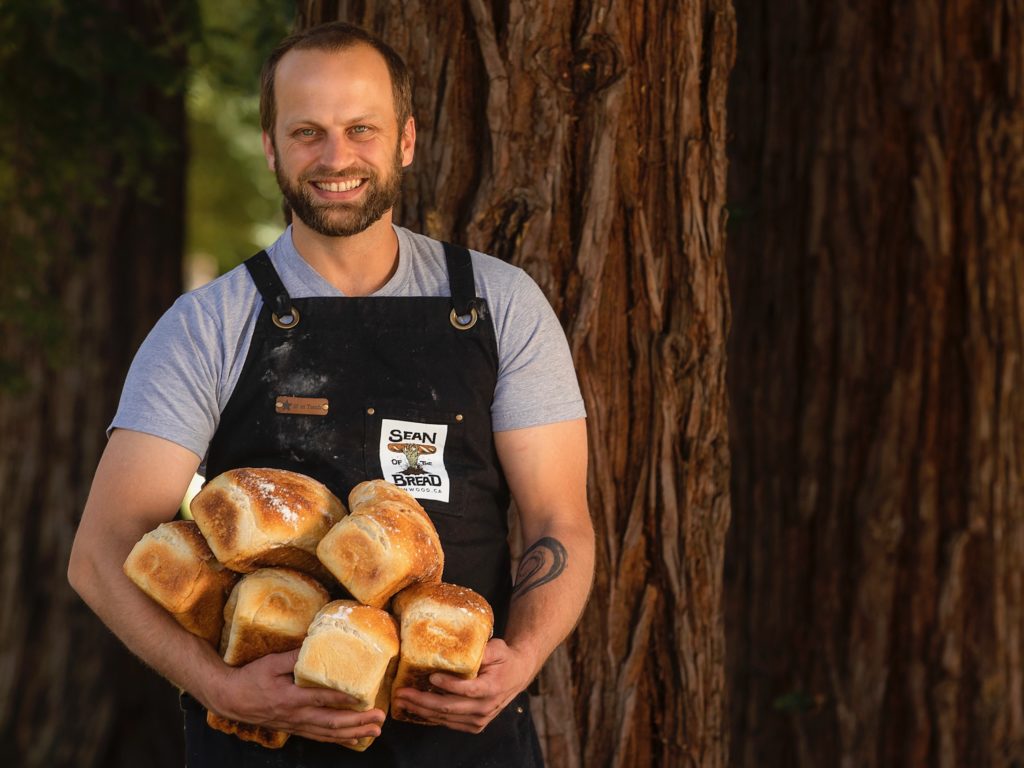Thirteen months ago, Sonoma County wineries were forced to close their tasting rooms, the first of many economic blows delivered by COVID-19.
At the time, Michael Haney, executive director of Sonoma County Vintners, one of the major wine industry associations in the county, was optimistic wineries would find ways to sell wine and sustain their businesses during what turned out to be an excruciatingly longer period than anyone had imagined.
“Our members are super-resilient and super-creative,” Haney said in March 2020. “They aren’t panicking. They’re analyzing, they’re being innovative and they’re sharing what they know.”
Collectively, they aced it. As restrictions slowly lift, with limited-capacity indoor wine tastings now allowed and more people getting out to taste, it appears many producers have weathered the storm and are prepared for a new normal.
“Creativity created wine sales,” Haney said last week. “Wineries survived with virtual platforms. Their life’s blood is to engage with consumers and get wines to them, and they did this virtually. It didn’t make up for (the reduction in visitors), but it kept things going.”
Creative adaptations
Using Zoom, Instagram and FaceTime, plus delivery services, Sonoma winemakers shipped wines to consumers in advance and tasted along with them in real time, online. They threw bingo parties, held trivia nights, paired wines with cheese, gave cooking demonstrations and beamed live music to anyone, everywhere. Corporations also joined the fun, connecting their employees with wineries on Zoom, bottles in hand.
With restaurants and wine bars open only for takeout until recently and visitors not allowed (or their numbers restricted), wineries’ desperation to sell wine fortuitously collided with stuck-at-home wine lovers’ need for entertainment and salivatory stimulation.
A case study that supports Haney’s view is Three Sticks Wines in downtown Sonoma. The winery closed its tasting casita, The Adobe, on March 1, 2020, upon Gov. Gavin Newsom’s statewide order.
According to COO Prema Behan, “We knew we needed to be in constant contact with people, those we already knew and those looking for something new. We were lucky to have been around a long time and visible.”
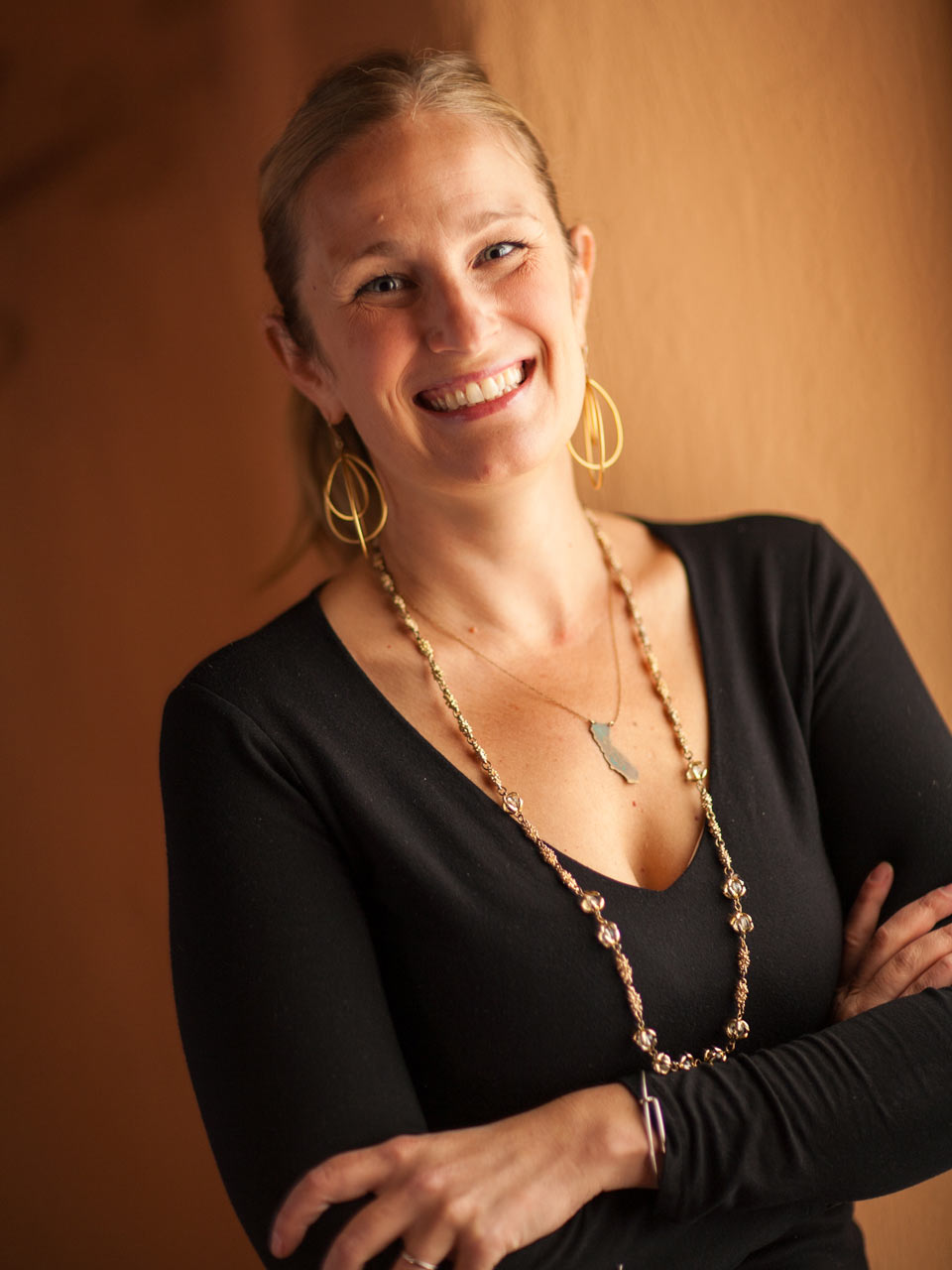
Behan, winemakers Ryan Prichard and Bob Cabral and other Three Sticks principals began producing virtual tastings with members of their wine club and those on their allocation list. Through social media, Three Sticks reached out to potential customers with an array of options, from tastings with the winemaker to an online concert with Kix Brooks of country-western duo Brooks & Dunn. Sommeliers and chefs hosted conversations with Behan, Prichard and Cabral. Three Sticks sold tasting kits which included the winery’s exceptional chardonnays and pinot noirs, along with a Coravin, a wine serving tool that uses inert gas to preserve the remaining wine in the bottle. Drones were flown over vineyards to capture their beauty and the videos became part of virtual visits.
“The virtual world expanded for us,” Behan said. “We discovered that our virtual guests wanted a rich experience.”
When the state allowed wineries to open if they had a food component, Three Sticks worked with neighboring El Dorado Kitchen to offer wine and food pairings and takeout paella. Before tasting rooms were allowed to pour for guests indoors, the winery converted their employee parking lot into an outdoor tasting oasis, complete with bohemian-style furnishings.
The Adobe was built in 1842 by Captain Salvador Vallejo, brother of General Mariano Vallejo, the founder of Sonoma. Bill and Eva Price bought the building in 2012 to house Three Sticks and painstakingly refurbished it while keeping the site’s historic nature intact. The recent return of indoor tastings (at 25% capacity, which will increase if Sonoma County moves from the yellow to the orange tier) once again gives visitors a sample of history as well as wine.
“We stayed within our budget for the year (2020),” Behan said. “Virtual channels earned money back, and we had a lack of travel and other expenses (airfare, lodging, meals and other costs of doing business).”
Behan and other winery principals said many pandemic-induced changes in how wine is served at tasting rooms will remain, from virtual events and reservation-only visits to seating 6 feet apart and face mask requirements. Tastings will continue outdoors whenever possible, as wineries found their guests preferred sitting in Wine Country and not just peering at it through windows.
The 2020 requirement to serve food in order to stay open was a high hurdle for many wineries, though customers spoke loud and clear about how they appreciated small bites along with the wines; the now-optional food component isn’t going away.
What lies ahead
Meanwhile, some things are likely to disappear in the wake of COVID-19. Bellying up to the bar and elbowing through to get a pour is going the way of the dodo. Even so, wineries such as Joseph Swan Vineyards in Forestville will add bar service to existing outdoor tastings, though in a safe, distanced manner. As wineries eat the costs set by FedEx and UPS, deeply discounted wine shipping rates for consumers are not sustainable and might also disappear.
Rod Berglund, winemaker and co-owner of Joseph Swan Vineyards since 1989 and married to Joe Swan’s daughter, Lynn Berglund, admits he’s a low-key kind of guy, “Not into glitz and glamour, and we don’t have a lot to sell except wine,” he said. That’s just fine with many winery visitors, who enjoy rustic surroundings, a low tasting fee and the chance to chat with the winemaker, who might have to wipe juice-stained hands before opening a bottle.
A maker of age-worthy pinot noirs and zinfandels, Joseph Swan Vineyards has cultlike status among those who favor elegance and complexity over power and richness. The tasting bar in the winery served the Berglunds well until indoor services were suspended. They then leveled space outside and outfitted the area with a table, chairs and a sunshade.
“That’s worked really well,” said Rod Berglund. “With spaced-out reservations, it’s given us more time to talk with guests, to share our story. We’re old-fashioned and authentic. We’ve been doing this for 40 years.” (Following requests, the Berglunds will soon reopen their indoor bar.)
Much newer to the game is Matrix Winery, located on Westside Road southwest of Healdsburg. Previously Rabbit Ridge, Matrix is now owned by Ken and Diane Wilson and pours chardonnay, sauvignon blanc, pinot noir and zinfandel wines that contrast with the big-bodied reds made by sister wineries deLorimier, Mazzocco, Wilson of Dry Creek and Pezzi King.
The Wilsons’ son, Sawyer Wilson, manages the Matrix tasting room, which last spring pivoted to by-appointment, outdoor tastings on its patio, with bocce courts and vineyard views. Popular with late-afternoon tasters, Matrix previously welcomed walk-ins until 5 p.m., and the tasting room was remodeled two years ago to accommodate crowds.
Sawyer Wilson said that while some wine club members, used to dropping in without an appointment, pushed back a bit at COVID-19 regulations at first, they’ve adapted and so has the winery.
“It’s been great to see everyone utilizing the outside space,” he said. “It’s a large property and people can spread out. We have more one-on-one time with visitors, and it’s easier to make connections. We explain the wines, show the specials and it’s better for both sides.”
(Matrix will likely reopen the tasting bar and continue to provide seated tastings when restrictions end.)
Labor shortages
There is something for every wine taster, now and post-pandemic, although all is not sparkly and bright for the industry.
Karen Maley, general manager of Robert Young Estate Winery in Alexander Valley, agreed with several other vintners that pandemic conditions have dealt a powerful punch: labor shortages.
“COVID certainly has impacted wineries’ supply of qualified staff,” Maley said. “PPP loans (early in the pandemic) helped us keep them, but that became untenable during the second lockdown in December, at the same time demand for staffing outpaced supply.
“Tasting room staff are now in great demand. In the luxury travel industry, high-end experiences are expected; for a winery, the experience differentiates it from all the other great wineries.”
And high-end experiences are in the hands of experienced staff. Hospitality is so vital to Robert Young Estate Winery that Robert Young II, grandson of founder Robert Young, is keenly focused on the people side of the business. He serves many guests himself, always with stories of how the family became pioneers in the valley.
“We had a great year in 2020,” Maley said, “and the reason was we have a base of really loyal customers across the U.S. They were stuck at home, couldn’t go out to dinner, couldn’t vacation. They’re ready to return. (Job seekers) now have their pick of jobs, at wineries, in restaurants and hotels if they want to work in high-end hospitality and can sell.”


